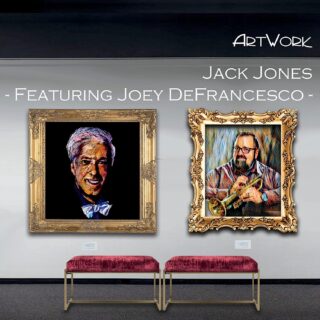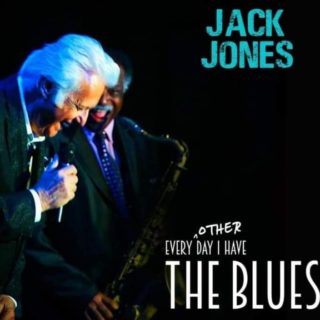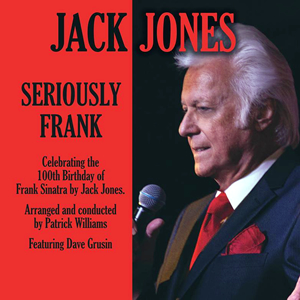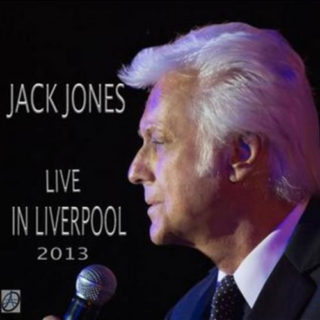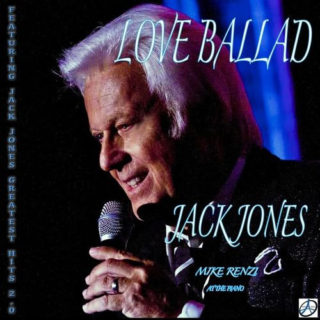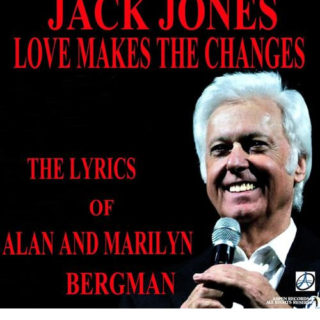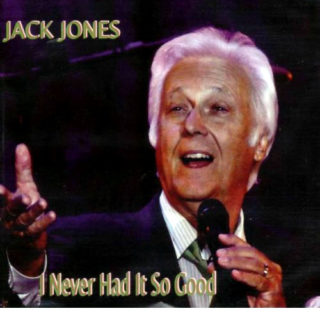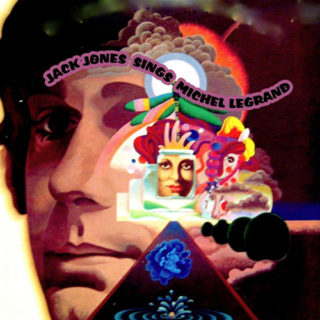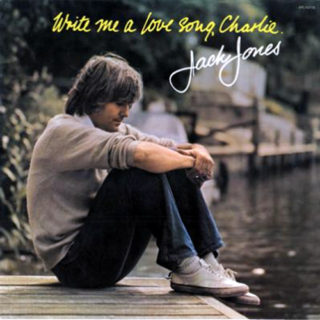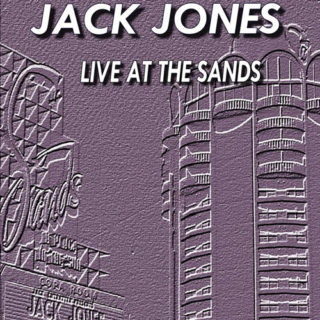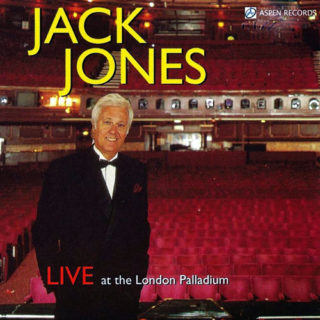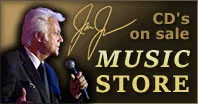 Jack Jones has been around the music industry block. His parents were Allan Jones and Irene Hervey, both who had success in Hollywood. The Grammy winner has had countless hits and still continues to perform for diverse audiences. As Jones was preparing for his upcoming residency at Feinstein’s, he took a few moments to chat with me about his career in the past, present, and future.
Jack Jones has been around the music industry block. His parents were Allan Jones and Irene Hervey, both who had success in Hollywood. The Grammy winner has had countless hits and still continues to perform for diverse audiences. As Jones was preparing for his upcoming residency at Feinstein’s, he took a few moments to chat with me about his career in the past, present, and future.
Times Square (TS): Your parents were Hollywood performers; do you think growing up in the industry influenced you to be a performer yourself?
Jack Jones (JJ): I’ve often really wondered. I was kind of destined to act and sing. I don’t know if that was because I soaked it up from my parents. I had a voice, I wanted to sing, and I did it my own way. When I was younger, it was Sinatra’s renaissance. He actually came to my school for his daughter’s sake. My father was not happy with the whole Sinatra thing. He was an operatic singer and didn’t like people who crooned. He was one of those fathers who had his ways. I took from him what he offered: the best education singing-wise that I could get. He sent me to wonderful teachers that taught me how to sing in a legit way and use my voice properly.
TS: Who were some of your musical influences growing up?
JJ: Of course, Sinatra. He had this wonderful approach to singing a love song. It was conversational and he didn’t break the words up. He actually spoke them, and it came out musically. It was really quite innovative and beautiful. I played Sinatra around the house and my father couldn’t stand it! My other influences were Mel Torme and Sammy Davis—wonderful singer. I went my own way, but when I started, I sang a little too much like Sinatra. I wasn’t trying to copy him, but it was just the style. Then, I developed…I wore in my style like new brakes on the car. And then I became Michael Buble! (Laughs).
TS: What are your favorite songs to perform and why?
JJ: I have a lot of favorite songs. My hits—you get tired of singing them for that sake. When people really want to hear them I get into them. My favorite song is not Wives and Lovers, because it either creates a laugh or someone raises a fist. Back in the day when the National Organization for Women was formed, they were irate, and they blamed the whole thing on me. I didn’t even write it! And I won a Grammy for it. Wives and Lovers (if you don’t know) is a very chauvinistic song about telling a woman that she must mind her looks and her hair and make-up and be ready for her husband when he gets home from work like that’s all she has to do. That didn’t sit well. When I sing it, I’ll say in the middle of it, “Can you imagine me singing this to Gloria Steinem?”
TS: How do you prepare for a big residency like the one you’re about to do at Feinstein’s?
JJ: My group is a little different. I’ve got Houston Person on sax. I usually carry three guys, and I’m adding guitar and sax. I’ve been playing New York for a long time. I played the Algonquin a lot, and it became like my living room, and I could do anything I wanted to. This is a little bit different. It’s a formal room. Michael [Feinstein] is a really good friend of mine, and he said, “Why don’t you play this one?” Now, the Algonquin is closed, and this was the move I made.
TS: What can fans expect from this show?
JJ: It’s going to be the American songbook, and it’s going to be some of my hits. There will be some beautiful ballads. There’s also going to be some blues. It will be paced well. I was on the road with Man of La Mancha for a year, so I will be finishing with a vignette from that—which is almost a joke at this point. Every singer in the world has gone on stage and done Man of La Mancha, but I had an original hit with The Impossible Dream. I’m going to do it for the first time in New York. I always kept it out because it was so corny, but you know what? It’s good corny.
TS: What else does this summer have in store for you?
JJ: I’m going to Nashville to do a country and blues album.
TS: What does music mean to you?
JJ: Music is cathartic. Once you’re into making it, you are totally focused away from anything negative—even if you’re singing a negative song about unhappiness because usually when you’re singing it you’re singing to a person who is going through a cathartic moment him or herself and it may be helping—especially if you’re a song that brings a happy memory. Music, for me, is giving. I’m still alive in an era where we communicate in an instant all over the world. I have a website and fans that are looking forward to the next CD that I’m going to put up that they couldn’t previously get. They write nice things, and it makes them happy. That’s what I get out of music: basically a sense of well-being and happiness.
Jack Jones plays a five-night engagement at Feinstein’s at Lowe’s Regency June 26th-30th.



